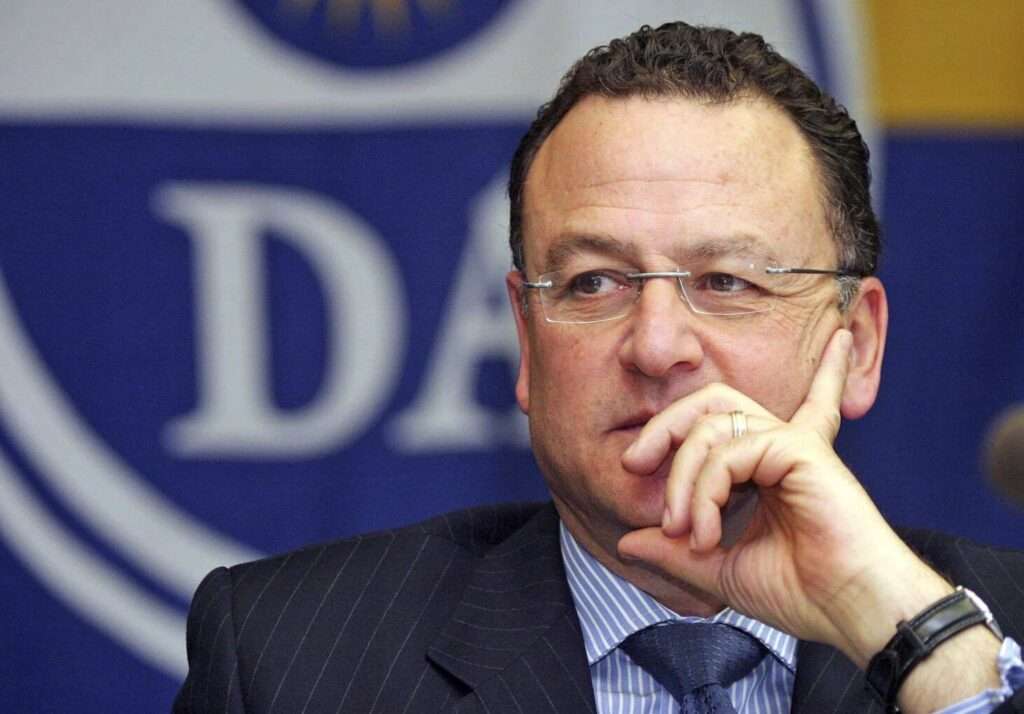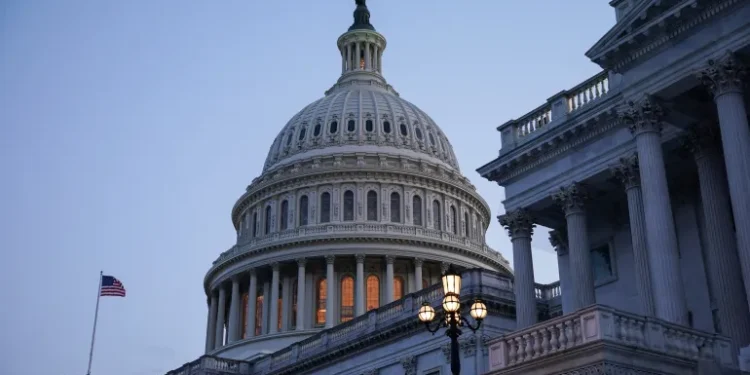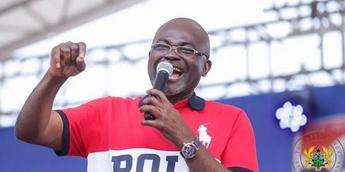South African President Cyril Ramaphosa has congratulated Donald Trump on his re-election to the U.S. presidency, expressing optimism for future cooperation between the two nations.
In a statement on X, Ramaphosa wrote, “I look forward to continuing the close and mutually beneficial partnership between our two nations across all domains of our cooperation.”
Ramaphosa noted that South Africa is eager to work with the U.S. at the G20, highlighting its upcoming presidency in 2025, just ahead of the U.S. taking the helm in 2026.
Trade Concerns and Economic Impact Loom Large
While Ramaphosa struck a hopeful tone, South African economists and policymakers are voicing concerns over how Trump’s return could influence the country’s economic stability.
High tariffs and a protectionist stance marked Trump’s first term, placing a strain on South Africa’s economy. During Trump’s previous administration, the South African rand struggled, especially when U.S. tariffs and restrictive trade policies led to increased economic uncertainty.
A key worry is the future of South Africa’s inclusion in the African Growth and Opportunity Act (AGOA), a U.S. trade agreement that provides African countries with duty-free access to the American market.
Trump had previously considered revoking South Africa’s preferential status under AGOA due to the nation’s restrictions on American meat imports, a policy meant to protect local farmers. “If Trump were to win the election, I think it’s going to be bad news for South Africa’s trade access to the United States through [AGOA],” noted former Democratic Alliance (DA) leader Tony Leon.
AGOA’s status has recently come under review, with calls from U.S. policymakers to consider sanctions on South Africa after allegations surfaced that the country had provided weapons to Russia.
The accusations, made by the U.S. ambassador to South Africa, stirred diplomatic tensions and affected the country’s currency. As South Africa navigates this diplomatic terrain, the new government of national unity, which includes the business-friendly DA, may have an opportunity to negotiate with a Trump administration open to transactional diplomacy.
Links to Trump’s Allies Spark Historical Concerns
In addition to trade concerns, some South Africans are uneasy about the symbolic links between Trump’s supporters and South Africa’s complex political past.
Prominent Trump allies, including entrepreneur Elon Musk, have ties to apartheid-era South Africa. Commenting on this connection, Simon Kuper of the Financial Times wrote, “Southern Africa under apartheid offered an extreme version of some of the main themes of American life today.”

Trump and Musk previously made headlines for sharing unsubstantiated claims that white farmers were under attack in South Africa, a claim that sparked controversy within the U.S. and abroad.
Analysts caution that Trump’s foreign policy, while not drastically different from other recent administrations, could lead to intensified friction with South Africa.
Moreover, Pretoria’s decision to finance a legal case against Israel over alleged genocide adds another layer of complexity to its relationship with Washington. With both Trump’s hardline views on foreign policy and Pretoria’s recent choices, there’s speculation that diplomatic relations may become more strained.
As such, as Trump returns to the White House, South African politicians are weighing the implications for the country’s trade, economy, and international relationships.
The potential for strained relations is especially troubling to those hoping for a stable and predictable partnership with the U.S. However, Ramaphosa’s diplomatic outreach suggests that South Africa aims to find common ground with the U.S. administration.
READ ALSO: Akufo-Addo Reassures Commitment to Advance Ghana’s Legal Sector























